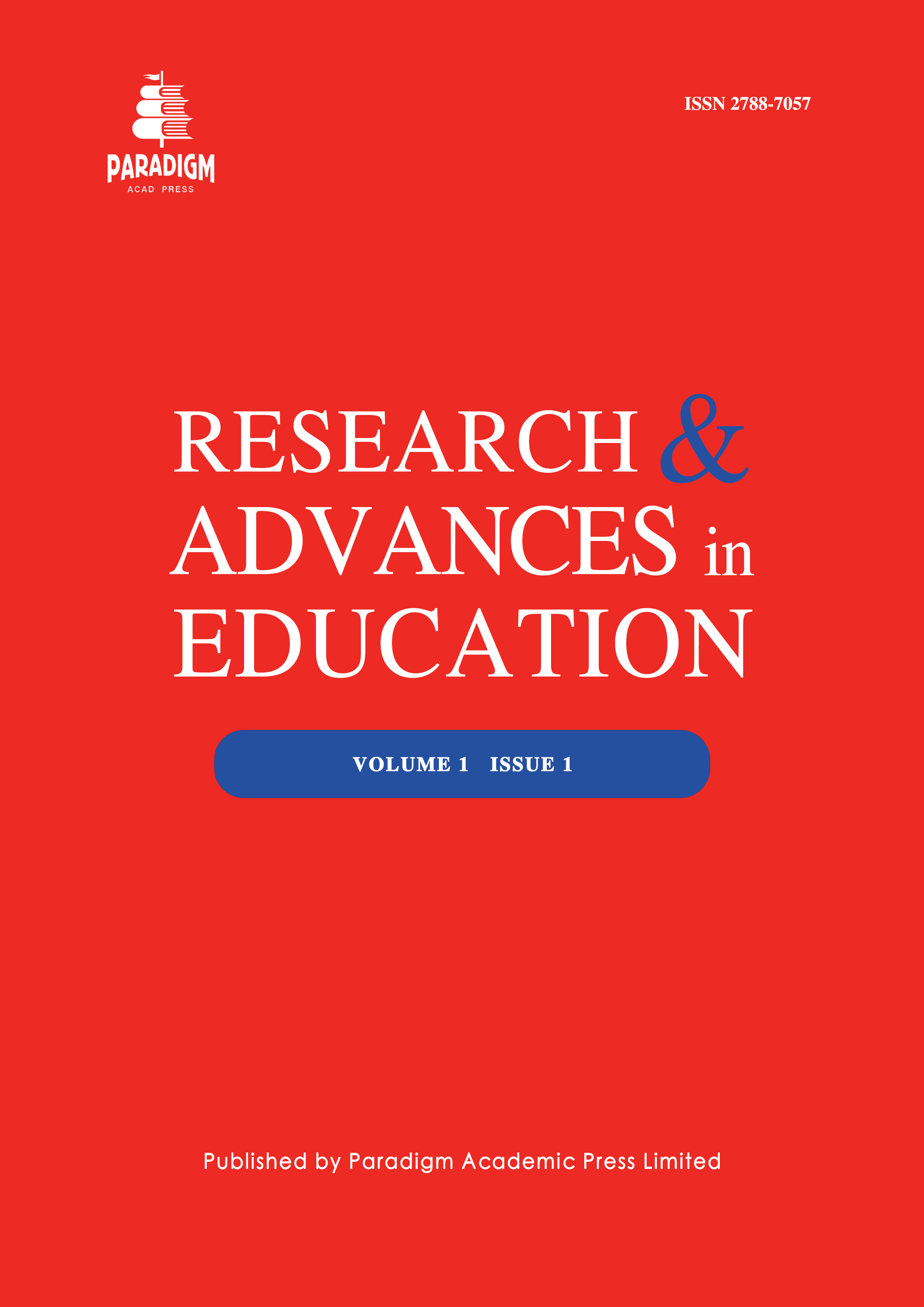Cognitive Effects of Online Learning to Health Programs Students of a Private Higher Education Institution in the Philippines
Keywords:
comprehension, coping strategies, critical thinking, decision making, memory, online learning challenges, virtual classroomAbstract
This study revolved around the cognitive effects of online learning to health programs. It aimed to profile the respondents in terms of sex, program, devices used, and residence; to determine the respondents’ perceptions on the cognitive effects of online learning along entailing memory, critical thinking, comprehension and decision making; to discover the challenges encountered by the students in online learning; to know the significant difference of the responses when grouped according to profile variables and to present recommendations based from the findings. This research made use of the mixed methods design involving descriptive and comparative methods. The study was conducted for four months with 96 health programs respondents. The data were gathered through Google Forms. This study found that the majority of the respondents were female, enrolled in BS nursing, using both laptops and smartphones and are located in Nueva Vizcaya. The cognitive effects in terms of memory, critical thinking, and decision making were sometimes exhibited while effects along comprehension were usually demonstrated. Furthermore, the most prevalent challenges encountered by the students in online learning are environmental distractions and time constraint. There were no significant differences of the responses on the cognitive effects of the respondents when grouped according to the profile variables. The recommendations forwarded were using of app blocking applications, online information restricting platforms, evaluation of motivating factors and social support. The researchers recommend adding other socio-economic variables, increasing sample size, providing teachers with online-learning-related trainings and submitting coping strategies for review by authorities.


